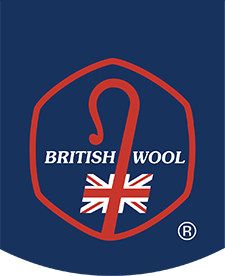Hundreds Flock to Depot Open Days
During May and June, British Wool opened its doors across seven grading depots in England, Scotland and Wales.
This was an opportunity to welcome sheep farmer members and anyone with an interest in wool to find out more on the recovering wool market and the work being done to create and drive demand for British wool.
It also gave British Wool depot teams’ an opportunity to showcase the important work being done at depots in providing a quality service to all members regardless of the type and quality of wool produced, volume or location. This included:
The first stage of the process is on the farm with Shearing – As the approved training provider for shearing and wool handling courses in the UK, British Wool has a training programme in place to support the next generation of shearers and wool handlers in learning and developing a vital traditional rural skill.
Once the wool has been delivered into the depot, Grading is the next stage – every fleece is individually graded which determines the grade and quality. Grading every fleece adds value to our members as this separates the better quality from the poorer with the better quality wool achieving a higher price which is then returned to our members.
Testing – All British wool is independently tested for micron, colour and dry yield (the latter is the weight left after the wool is scoured & washed) before it can sold at auction. Testing the wool to international standards gives the buyers confidence in the high quality of British wool and in the product they are buying.
Gareth Jones, Head of Member Communications at British Wool said; “We thank everyone who took the time to visit one of our depot open days and hope they enjoyed the experience – over 650 attended which was excellent. Raising awareness of the service, the work being done to increase demand and that of looking at potential new opportunities for British wool is important so along with our members, we can continue to work together in maximising wool values and supporting the UK wool sector.”


